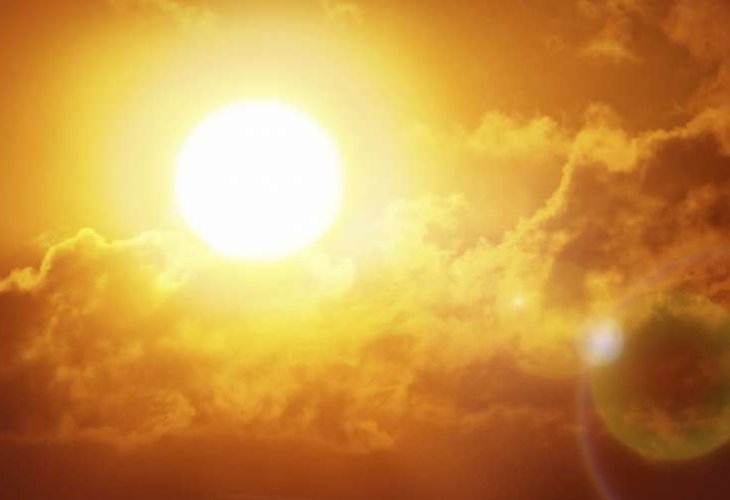Extreme Heat Wave: How to Protect Yourself from the Severe Heat
Avoid direct sun exposure, close blinds or curtains. Don't forget children in the car. Tips to deal with the intense heat.
 (Photo: shutterstock)
(Photo: shutterstock)According to the meteorological service forecast, an extreme heat wave is expected in the coming days, resulting in hotter than usual weather with high heat loads in most parts of the country. Here are 10 tips to deal with the weather and maintain health:<\/p>
1.<\/strong> Avoid direct and prolonged exposure to the sun, and stay as much as possible in air-conditioned and shaded places. It is advisable to be in an air-conditioned place during peak heat hours. There is no need to operate the air conditioner all day, but it is important to do so during the heat peak hours. In places without air conditioning, it is recommended to spend a few hours in a public air-conditioned place, and reduce the time spent in the heat.<\/p> 2. <\/strong>During heat hours, close blinds or curtains to reduce the penetration of sunlight. Closed shutters can reduce the heat entry into the apartment by about 80%. However, be sure to ventilate the house.<\/p> 3. <\/strong>Drink between 8 to 10 glasses of water a day. Cold drinks are preferable over hot ones. It is better to drink water rather than sugary drinks. Drink even if you do not feel thirsty. It is advisable to avoid sugary drinks, drinks containing caffeine, and alcohol.<\/p> 4. <\/strong>Bathing in cool water in the shower or bath helps cool the body.<\/p> 5. <\/strong>Wear light, comfortable clothing.<\/p> 6. <\/strong>Avoid unnecessary physical activity during heat load hours.<\/p> 7. <\/strong>Remember the children and do not forget them in the car. The temperature in a closed vehicle rises within minutes, and all necessary actions must be taken to ensure that no children and infants remain in a closed car. Also, do not rest in a parked vehicle with closed windows.<\/p> 8. <\/strong>If you go outside, protect yourself from the sun with sunglasses, a wide-brimmed hat, sunscreen, and light, thin clothing. Protect children and infants especially.<\/p> 9. <\/strong>Recognize the signs of heat exhaustion. Dizziness, confusion, chills and goosebumps, nausea, headache, weakness, excessive sweating or cessation of sweating, rapid pulse, muscle cramps – all of these may be symptoms of heat exhaustion. If not addressed immediately, you risk a heat stroke. In such a case, stop any activity and effort immediately, move to a shaded and cool place, cool the body with large amounts of water or breeze, drink a lot of water, and rest. Seek certified medical help.<\/p> 10.<\/strong> Be cautious of heat stroke. Heat stroke is a more severe stage of heat exhaustion, involving disruption in the body's heat regulation. The main symptoms are increased heart rate, general weakness, cessation of sweating mechanism, hot and dry skin, vomiting, body temperature rising to 40°C and above, confusion and disorientation, abnormal and uncontrolled behavior, loss of consciousness, and convulsions. Heat stroke poses a life threat and requires immediate medical treatment. When you encounter suspicion of heat stroke, immediately contact rescue centers.<\/p>
.Use quotes in order to search for an exact term. For example: "Family Purity", "Rabbi Zamir Cohen" and so on
מחפש...

